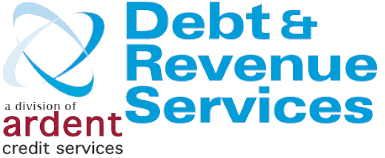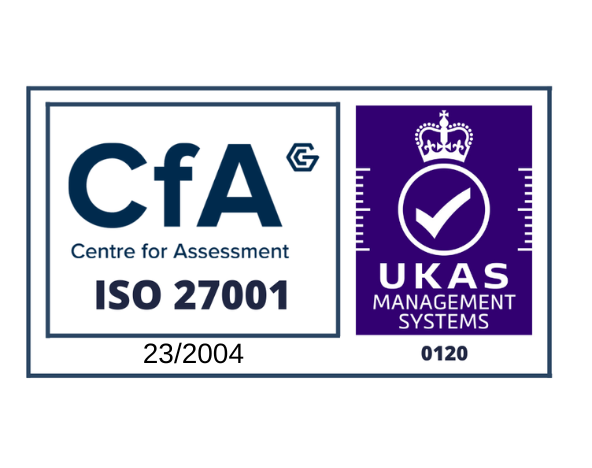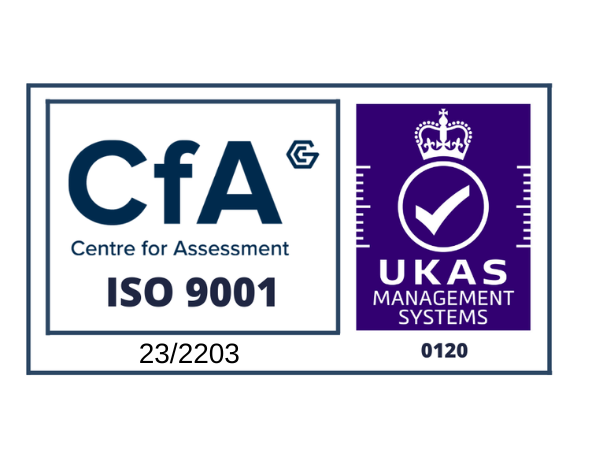
Glossary Of Terms
Capital Gain
A capital gain relates to a profit gained from selling capital assets, such as stocks, bonds or property, at a price, which exceeds the purchase price. Conversely, a capital loss arises if the proceeds from the sale of a capital asset are less than the purchase price.
Cashcard
Also known as a pre-pay card. A plastic card that is purchased with an initial value stored on the card. Some cash cards can be topped up. Usage, to purchase goods or services, reduces the value held on the card.
Charge Card
A charge card is similar to a credit card, except that the contract with the card issuer requires the cardholder to pay the balance in full every month – there is no 'minimum payment' other than the full balance. Any partial payment (or no payment) results in a severe late fee and the possible restriction of future transactions and risk of potential cancellation of the card. Interest is not applied on these types of cards generally.
Charging Order
A charging order can only be obtained once a County Court Judgment (CCJ) has been obtained. A charging order places a restriction or a charge against the property, which is registered with Land Registry.
Common Financial Statement
The Common Financial Statement (CFS) is a standard and consistent way for money advisers to communicate with creditors, which can be filled in online or by paper and ideally completed by an authorised third party or independent organisation, such as Citizens' Advice Bureau together with the individual. The purpose of the CFS is to provide an accurate overview of a person's income, expenditure, assets and liabilities. Central to the CFS are the trigger figures. These are updated periodically. They represent pre-agreed levels for certain areas of discretionary expenditure e.g. telephone, travel, housekeeping. The trigger figures help creditors and advisers to identify levels of monthly expenditure, which, unless exceeded, are viewed as reasonable and will not need comment or explanation.
County Court Judgments
Also known as CCJs. If an individual owes money to a 'creditor', the creditor can take County Court action against the individual to claim the money. Once a County Court Judgment has been granted over the debt, the debt becomes a Judgment Debt allowing other enforcement proceedings to take place such as an Attachment of Earnings Order or a Charging Order. Under Scottish law the Sheriff's Court deals with claims differently.
Credit Card
A credit card is a plastic card, which contains identification information such as a signature, and authorizes the person named on it to charge purchases for goods or services to their personal credit card account. Individuals will be charged interest periodically (normally monthly) if the full balance has not been repaid within that time and only the minimum repayment has been made. Failure to pay off balances or at least the minimum payment within the required time frame will result in additional charges and may lead to adverse credit information with the Credit Reference Agencies. One may withdraw cash from an ATM machine with a credit card, which is generally charged for.
Credit Rating / Updating Credit Rating
A credit rating estimates the credit worthiness of an individual. It is an evaluation made by credit reference bureaux of a borrower's overall credit history. Credit ratings are calculated from financial history and current assets and liabilities. Typically, a credit rating tells a lender the probability of the individual being able to pay back a loan. A poor credit rating indicates a high risk of defaulting on a loan, and thus leads to the proposing of high interest rates or the outright refusal of a loan by the creditor. Individuals can request a report on their credit rating from a number of organisations. Credit rating can improve overtime as the individual settles outstanding debts. Individuals can also add explanatory statements underlining reasons for missing key payments.
Credit Reference Bureau (CRB)
A Credit Reference Bureau, also known as a Credit Reference Agency, is a company that collects information from various sources, including banks and lenders, and provides consumer credit information on individuals in order to assess the individual's credit worthiness, the behaviour of the individual in terms of repaying debts, the whereabouts of the individual, whether any County Court Judgments have been issued against the individual for debt owed. It also registers data whether the customer is in default of their repayment obligations for a debt or whether they have been made bankrupt. The main 3 Credit Reference Agencies in the UK are Equifax, Experian and Callcredit.
Credit Services Association (CSA)
The Credit Services Association is the National Trade Body for companies who operate in the debt collection and tracing industry. They have a subsidiary company known as the Debt Buyers and Sellers Group (DBSG), which is a Trade Body for debt sellers and debt buyers.
Creditor
A creditor is someone an individual owes money to.









